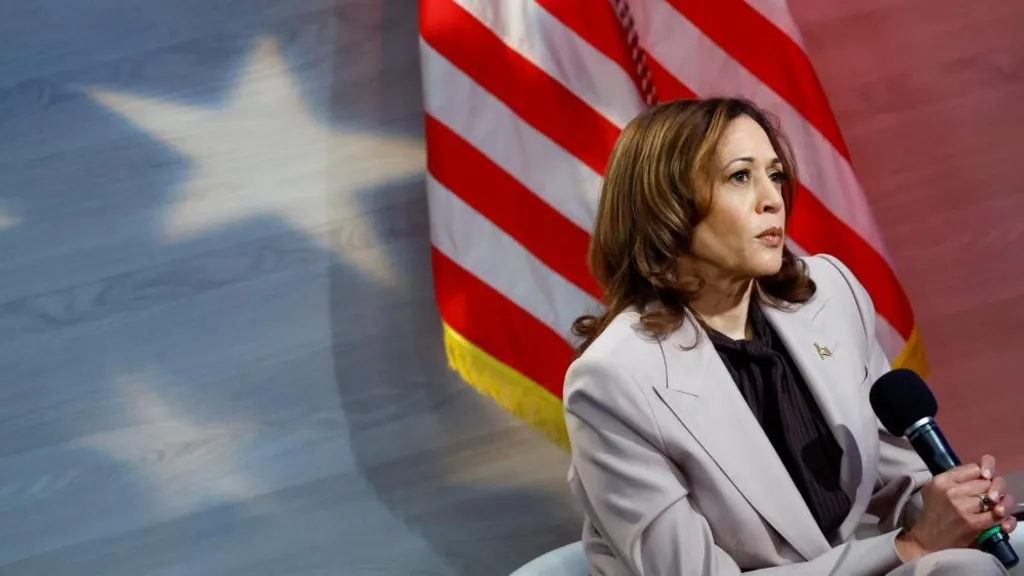As the U.S. presidential election approaches, Vice President Kamala Harris is intensifying efforts to attract Black and Latino voters. Despite maintaining a strong lead among these demographics, recent polling suggests that her Republican opponent, Donald Trump, is making inroads, raising concerns among Democrats about voter turnout in November.
A recent New York Times/Siena poll indicates that Harris enjoys 78% support from Black voters, a notable drop from the approximately 90% support that Democrats typically receive in recent elections. This decline is particularly pronounced among Black men, which could be pivotal in a race likely to be decided by narrow margins.
In key battleground states, the demographics of voters are significant: nearly 25% of expected voters in Arizona are Latino, while Black voters make up about 30% of the electorate in Georgia. Even slight shifts in support among these groups could have substantial electoral consequences.
Economic Concerns at the Forefront
The primary issue influencing many voters, particularly Black and Latino communities, is the economy—especially inflation and the rising cost of living. Quenton Jordan, a 30-year-old from Virginia who previously supported Barack Obama, has shifted to backing Trump due to economic pressures. “Inflation has pretty much made it impossible, or extremely challenging, for people to provide basic necessities for their families,” Jordan expressed, highlighting the tangible impacts of economic hardship on his community.
In Nevada, Lydia Dominguez pointed out that many Latinos “remember the economy under Trump,” noting that economic realities have shifted perceptions, making it less taboo to support the former president. Diego Arancivia, a former Republican voter now backing Harris, acknowledged that “pocketbook” issues are driving many in his community towards Trump, despite personal aversions to him.
Immigration and Social Issues
Immigration continues to be a contentious topic, with many Black and Latino voters expressing concerns about the Biden administration’s handling of border security. Trump’s campaign focuses heavily on strong border controls and promises to deport undocumented migrants, resonating with those who perceive the current situation as chaotic.
Rolando Rodriguez, a Texas resident and former Democrat, emphasized that the realities of record migrant crossings have left a lasting impact on voters. “I live so close to the border, and I have never before witnessed a disaster like the one we’ve seen under Kamala and Biden,” he said, reflecting a sentiment echoed by others.
Moreover, social issues play a crucial role in shifting voter perceptions. Political science professor Quadricos Driskel noted that some Black male voters feel alienated by what they perceive as a Democratic “embrace” of social agendas that contradict their values. Clarence Pauling, a barbershop owner and former police officer, expressed that the Republican Party’s views align more closely with his own religious beliefs regarding gender and sexuality.
Harris’s Strategy
In response to these challenges, Harris unveiled a series of policy proposals aimed specifically at Black male voters, dubbed an “opportunity agenda.” She plans to engage with Black entrepreneurs in key swing states and connect with influential figures in Black media to energize her base.
As both candidates ramp up their efforts, the battle for Black and Latino votes is poised to shape the outcome of the upcoming election, underscoring the importance of addressing the concerns and aspirations of these pivotal communities.


